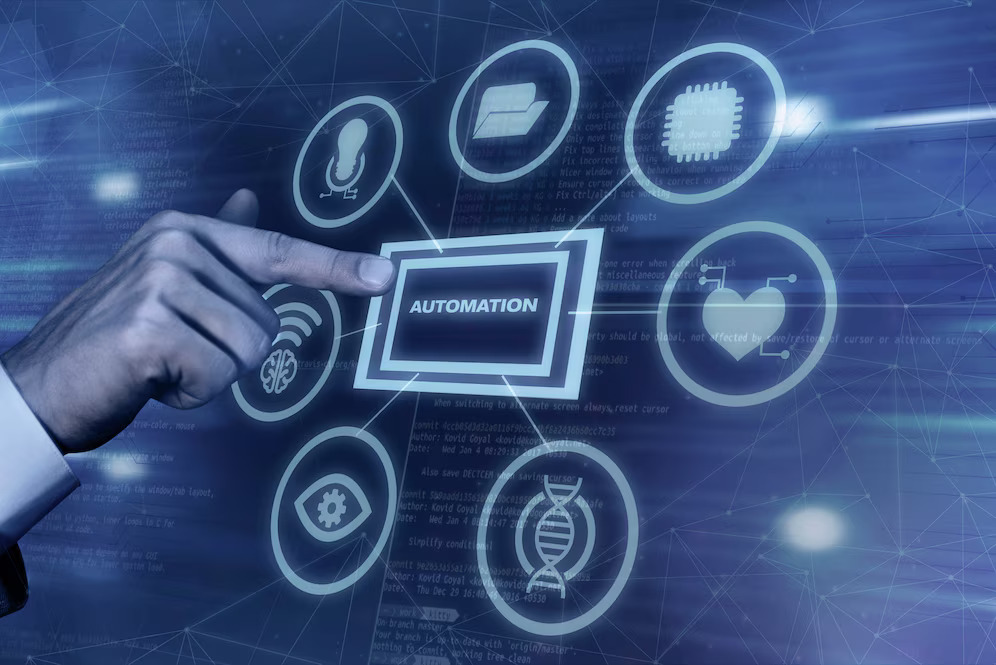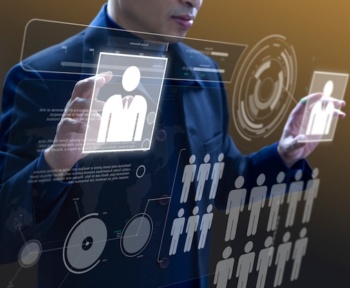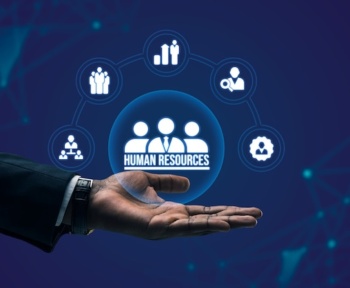The game-changing capabilities of Gen AI for GCCs
The human resources (HR) sector is significantly transforming as technology reshapes industries. A recent report by HR tech platform Keka, “The New Age of Work—Trends, Technology & Talent,” predicts that 41% of recruitment roles could be automated by 2030. Based on insights from 8,725 HR professionals and executives across India, the U.S., Germany, the U.K., and the UAE, the study underscores the growing impact of artificial intelligence (AI) in HR operations. While automation is rising, 45% of respondents believe AI will enhance HR functions rather than replace them. AI-driven tools are expected to refine hiring decisions, improve talent management, and enable HR professionals to focus on strategic, people-centric responsibilities.
AI's Role in Future Hiring and Workforce Management
One in three HR professionals anticipates AI adoption will significantly shape future hiring practices, streamlining recruitment and improving employee retention. However, employee well-being remains a concern, as only 15% of workers feel comfortable discussing mental health at work. The report highlights the need for companies to balance technological advancements with more substantial emotional and mental health support initiatives.
Emotional intelligence (EI) will remain a critical skill for HR professionals. Nearly 29% of HR leaders identify empathy and EI as essential competencies for 2030. The report emphasizes that future HR leadership will require a combination of AI-driven insights and personalized mentorship to enhance talent retention. Furthermore, 40% of respondents believe leadership development must integrate technology with human-centric guidance to effectively retain top talent.
Data-driven HR and Multigenerational Workforce Management
The importance of data-driven HR strategies is also growing, with 32% of business leaders considering HR analytics vital for the future. However, one in five HR professionals struggles to align HR metrics with overall business objectives, signaling challenges in optimizing data utilization. Managing diverse, multigenerational workforces is another priority. As India’s workforce diversifies, 37% of HR professionals stress bridging generational gaps and fostering inclusion to enhance productivity. This is particularly relevant in India, where collaboration across different age groups is essential for business success.
The Future of HR: Blending AI with Human Expertise
Commenting on the report’s findings, Keka’s CEO, Vijay Yalamanchili, stated:
“The future of HR lies at the intersection of technology and human touch. While AI will automate many traditional tasks, HR leaders must evolve into strategic business partners, emphasizing emotional intelligence and technological adaptability. Our 2024 report aims to equip HR leaders with insights on upskilling and integrating AI responsibly to maintain a competitive edge.”
As AI revolutionizes HR functions, companies must balance automation and human expertise, ensuring that technology enhances—not replaces—the human element in workforce management.




